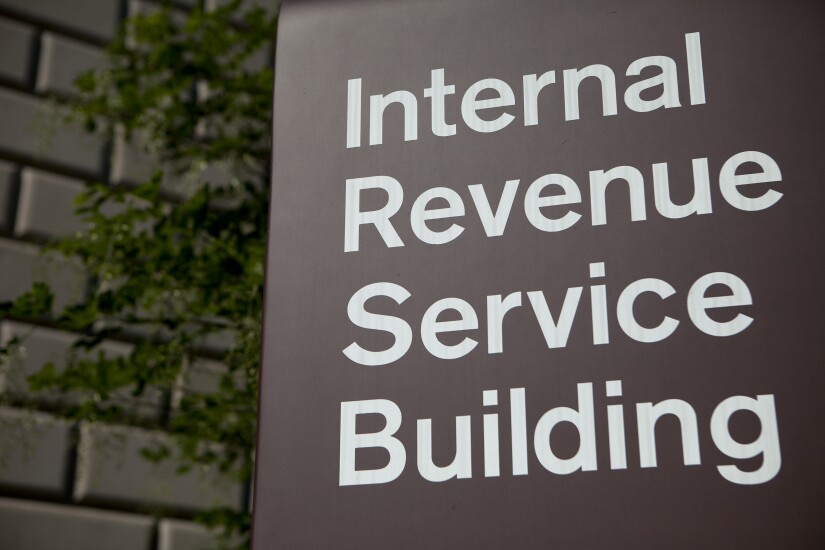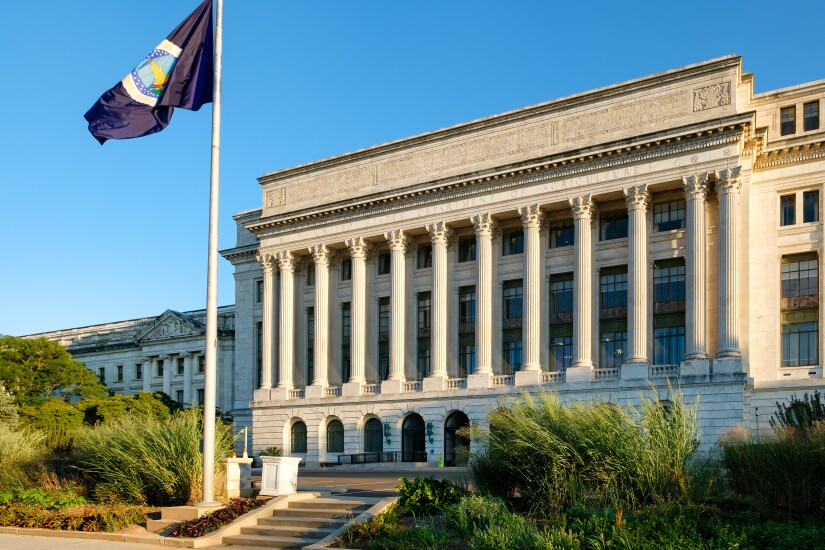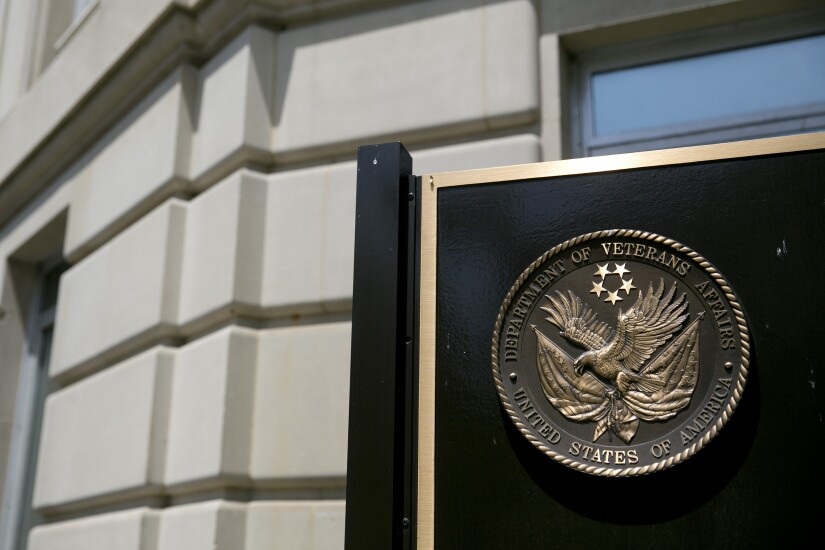
Here's a look back at how previous government shutdowns affected operations at the various agencies that play critical roles in the mortgage industry.
Are you a mortgage lender or servicer experiencing negative consequences from the shutdown? Tell us about it on
The mortgage industry's fortunes are closely tied to a number of public agencies, and lenders will likely see originations slow if the political impasse in Washington shuts the government down at midnight.
But the severity of its impact on the mortgage market will depend on
The Department of Housing and Urban Development does "not expect the impact on the housing market to be significant, as long as the shutdown is brief," according to a section of its website addressing the potential impacts of a shutdown.
However, "with each day the shutdown continues, we can expect an increase in the impacts on potential homeowners, home sellers and the entire housing market."
"A protracted shutdown could see a decline in home sales, reversing the trend toward a strengthening market we've been seeing," according to HUD.
Most endorsements of certain Federal Housing Administration loan products will continue but could slow as a result of the shutdown. However, certain specialized products will not be available due to a lack of statutory authority to continue originating them.
Whether the shutdown will delay loans in the pipeline from closing will depend on whether other aspects of the government shutdown affect lenders' ability to verify borrower information and continue processing mortgages.
In addition to impacting the FHA, the shutdown could affect the mortgage industry by disrupting some functions of the Internal Revenue Service and the U.S. Department of Agriculture that affect lending, as a similar one in 2013 did.
But other government-related entities with close ties to the mortgage industry came through in 2013 with little disruption or no disruption to operations, and are expected to again.
Here's a look at what will happen at five federal agencies that support the mortgage industry if the government shuts down.

Department of Housing and Urban Development
The FHA also will continue lender insurance approvals unless it runs out of commitment authority.
Ginnie Mae will continue to operate and has multiyear commitment authority that it expects the Office of Management and Budget to approve and have in place ahead of the shutdown. Also, "Ginnie Mae contractors are paid from Ginnie Mae reserves under a permanent indefinite appropriation, so there will not be a break in contractor services on essential functions," according to HUD.

Internal Revenue Service
The IRS declined comment on any plans for how it will handle the shutdown and requests for tax transcripts used to verify borrowers' income this year, but if it plays out like last time, what some lenders will do is save the borrower's 4506-T authorization in the loan file and postpone verification.
But other lenders may refuse to close loans without a transcript and some investors might not want to purchase loans unless they have one.

U.S Department of Agriculture
"No new rural housing loans or guarantees would be issued, which would result in a setback in construction start-up, as well as a potentially costly inconvenience to buyers and sellers depending on a single family housing loan or guaranteed loan closing. A more permanent interruption in the program would cause a substantial reduction in housing available in rural areas relative to population," according to the USDA website.
"While lenders are permitted to close loans with outstanding commitments, USDA will also be unable to guarantee them until staff return to work," according to the agency.

Fannie Mae and Freddie Mac
"We're not part of the government and will be open for business," said Katie Penote, manager of corporate and financial communications at Fannie Mae.
"Freddie Mac will continue normal operations without interruption during a temporary federal government shutdown. Our systems and business functions will be open as usual for all selling and servicing functions. Freddie Mac is not a government agency and therefore not impacted by the shutdown," said Lisa Gagnon, a spokesperson at Freddie Mac.
But other delays related to the shutdown could delay lenders' ability to originate and reduce the volume of mortgages delivered to the two government-sponsored enterprises.

Department of Veterans Affairs
As with Fannie and Freddie, other delays related to the shutdown could delay lenders' ability to originate and reduce the volume of mortgages delivered to the two government-sponsored enterprises.
But by all accounts VA originations continued running fairly smoothly during the last government shutdown in 2013.





